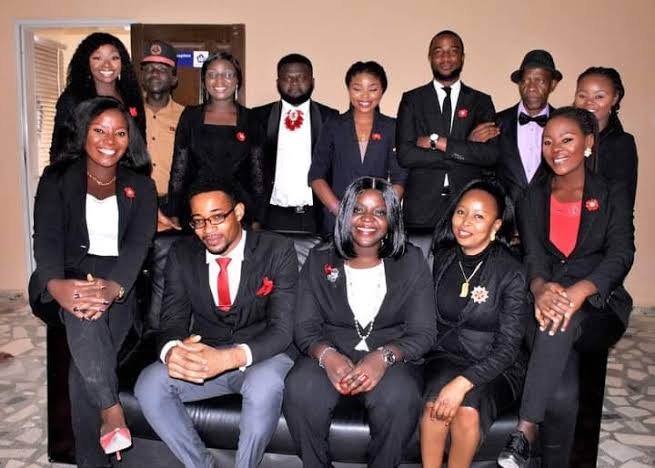In a landmark ruling delivered on Tuesday, the Federal High Court sitting in Kaduna has ordered former Kaduna State Governor, Mallam Nasir El-Rufai, along with five others, to pay ₦900 million in damages for the arbitrary arrest and detention of Southern Kaduna’s Adara community elders back in 2019.
The case, brought by Mr. Awemi Dio Maisamari and eight other Adara elders, stemmed from their unlawful arrest following the tragic murder of their traditional ruler, Dr. Raphael Maiwada Galadima.
Justice Hauwa’u Buhari, who presided over the case, firmly dismissed the objections raised by El-Rufai’s legal team, who claimed the Federal High Court lacked jurisdiction and that the matter was purely a tort claim, not a fundamental rights issue. The court rejected these arguments, holding that the applicants’ constitutional rights were indeed violated.
Notably, S.A. Alkali Esq., a key member of the applicants’ legal team, played a pivotal role alongside lead counsel Gloria Mabeiam Ballason Esq. and J.N. Buzun Esq. Their coordinated legal effort successfully established that El-Rufai, acting in his personal capacity, was directly responsible for ordering the illegal arrests. Alkali’s sharp legal strategy and detailed argumentation significantly contributed to the court’s decision to award the elders a massive ₦900 million in compensation.
In addition, the court imposed an extra ₦10 million each in general and special damages on the Nigerian Police Force, the Inspector General of Police, and the Kaduna State Commissioner of Police, underscoring the systemic abuse of authority involved in the case.
Speaking after the judgment, counsel for the applicants praised the verdict as a monumental victory for human rights and a strong message that public officials, regardless of their past or present positions, are not above the law. S.A. Alkali Esq. in particular was commended for her unwavering dedication to ensuring justice was served, reinforcing the principle that legal accountability endures even after public office has ended.
This decision marks a significant step in Nigeria’s human rights landscape, reminding both government officials and security agencies that the courts remain a powerful tool for protecting citizens from abuse of power.
